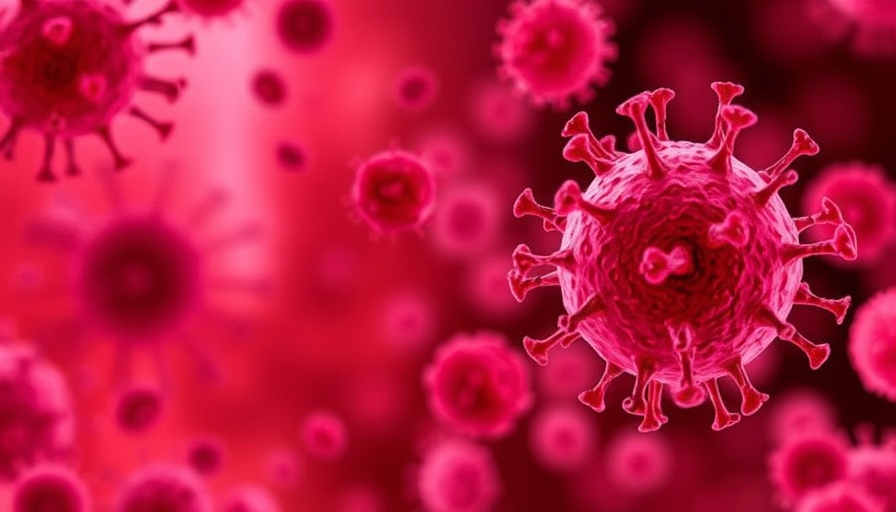
Understanding the Insights from MHALA's 2023 Impact Report
As we delve into MHALA's 2023 Impact Report, we are presented with vital statistics and narratives showing how the organization fosters mental health awareness and holistic wellness. Over the years, MHALA has made impressive strides in providing resources and support for individuals struggling with mental health issues and has become a pivotal force in the realm of community wellness.
The Growing Importance of Mental Health Awareness
The recent unveiling of MHALA's impact report is significant, especially given the rising conversations surrounding mental health. The report outlines not only the quantitative achievements but effectively paints a picture of the wider implications of those figures. For those who benefit from alternative and holistic medicine, these findings serve as a reminder of the interconnectedness of mental stability, physical health, and overall well-being.
Achievements Highlighted in MHALA's Report
Among the standout achievements in this year’s report are the increased number of community outreach programs. MHALA has implemented workshops and educational outreach activities that aim to destigmatize mental health challenges. In doing so, they provide not just a safety net for individuals, but also an educational platform that empowers the community with valuable knowledge about mental health.
Bridging the Gap: How MHALA Engages the Community
Engagement within the community is crucial for any organization, especially those focused on wellness. MHALA has leveraged partnerships with local schools, clinics, and wellness centers to foster a network of support and collaboration. Their approach ensures that mental health resources are not just accessible but also tailored to meet the specific needs of the populations they serve, particularly those grappling with allergies and alternative medicine approaches.
Future Opportunities for Growth in Holistic Health
This report doesn’t just reflect on past successes; it also sets the stage for future growth. MHALA's commitment to expanding their program offerings, including mindfulness training, nutrition education, and alternative therapies, signals an awareness of evolving wellness trends that embrace mental health as a foundational element of holistic care. These initiatives align well with the increasing number of individuals seeking integrated approaches to health that consider mental wellness alongside physical health.
The Emotional Resonance of MHALA's Mission
Beyond statistics, the heart of MHALA’s mission is deeply rooted in human connection. As individuals learn about the organization's efforts through this report, they may find themselves inspired to get involved, whether by spreading awareness, participating in programs, or supporting the organization through donations. The community becomes a tapestry of stories and support, where every thread is vital in weaving a robust mental health framework.
Call to Action: Be Part of the Change
MHALA’s 2023 Impact Report is more than just data; it is a call to action. As we move forward, individuals are encouraged to contribute to and engage with MHALA’s initiatives. Whether through volunteer work, donations, or education, every effort helps fortify a community that values mental health as much as physical health.
For those interested in learning more about MHALA, exploring the report in detail, or finding ways to get involved, visit MHALA’s official website. Join the movement for better mental health today!
 Add Row
Add Row  Add
Add 



Write A Comment